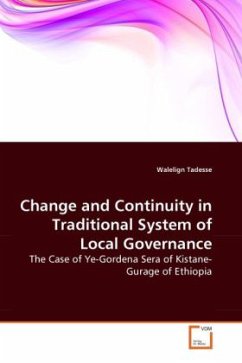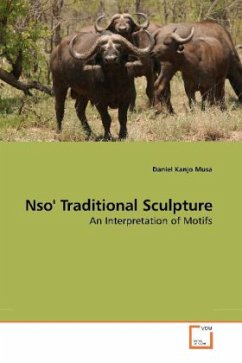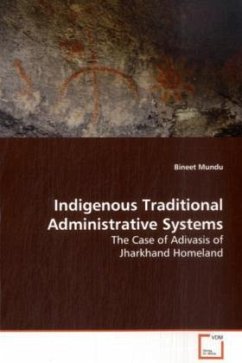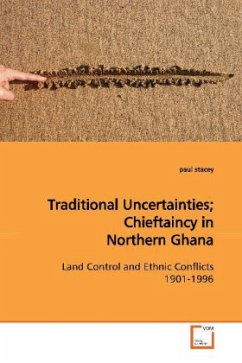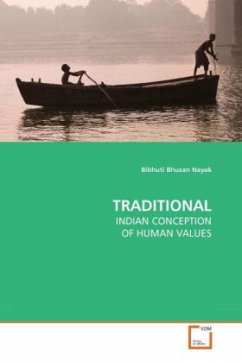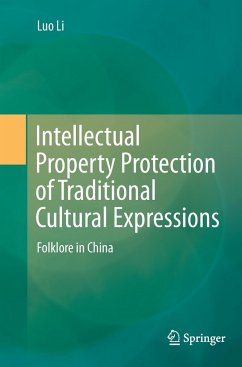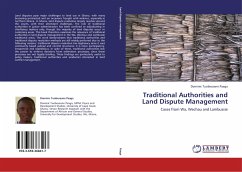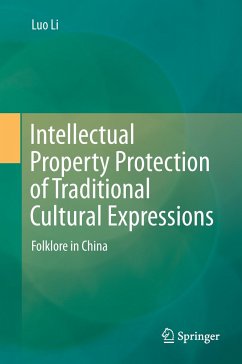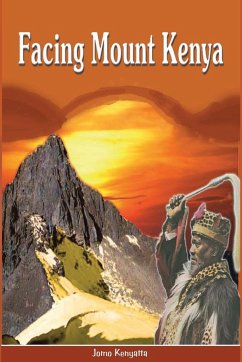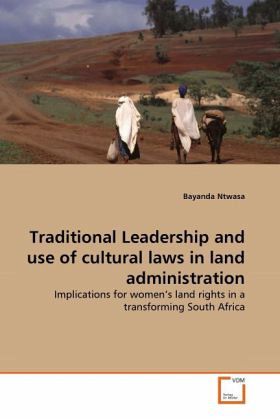
Traditional Leadership and use of cultural laws in land administration
Implications for women's land rights in a transforming South Africa
Versandkostenfrei!
Versandfertig in 6-10 Tagen
32,99 €
inkl. MwSt.

PAYBACK Punkte
16 °P sammeln!
In South Africa, the land in communal areas is held by the state and administered by traditional leaders who have historically discriminated against women, the book employs a case study method to show case how cultural laws are exercised when women apply for a piece of land at the three levels of traditional authority viz: village, sub-village and traditional council levels. Although women are often the de facto rights holders in rural areas as a result of male migration to urban areas, the author argues that it is difficult and/or sometimes impossible to translate paper laws which are meant t...
In South Africa, the land in communal areas is held by the state and administered by traditional leaders who have historically discriminated against women, the book employs a case study method to show case how cultural laws are exercised when women apply for a piece of land at the three levels of traditional authority viz: village, sub-village and traditional council levels. Although women are often the de facto rights holders in rural areas as a result of male migration to urban areas, the author argues that it is difficult and/or sometimes impossible to translate paper laws which are meant to mitigate the difficulty faced by women in gaining access to land into practice while cultural laws are still operating.



